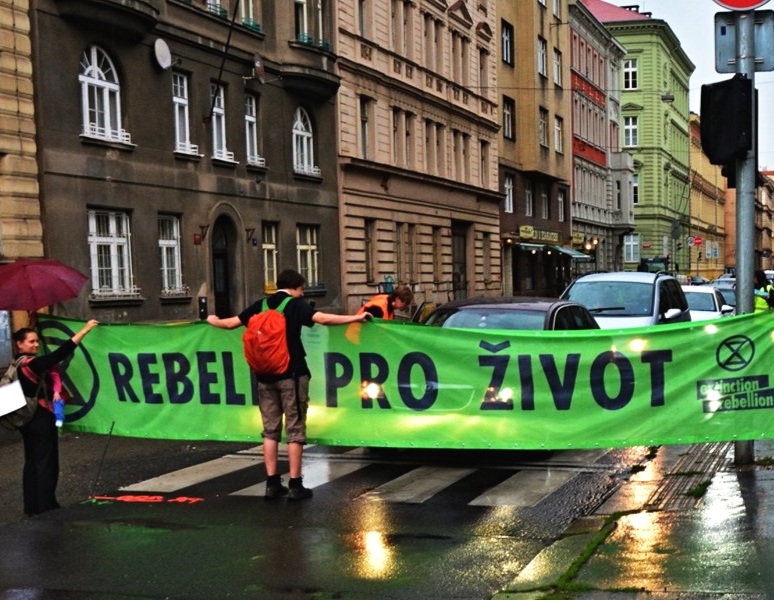Sea change
/Old folks who live by the sea talk about the "sea change." Visitors note how the water is at dramatically different levels morning, noon and night. Some may even get out charts and calculate when high or low tides will come. But only those who have spent their lives by the sea and in close communion with it can sense the change from rising to ebbing tide without such charts.
It's like a solstice when the sun stops its daily drift toward the southern horizon, appears to hold steady for three days and then moves incrementally back up the sky. None of the changes seem that dramatic in the moment, but the change in the tilt of the planet or in the tide is actually massive.
The tide comes in--huge volumes of water rise unstoppably--and then in a moment between one identical wave and the next... it stops. You can't see the switch from the beach. You wouldn't be able to tell for another hour, unless you're an old salt. But the sea has changed.
In that moment, the tide stopped coming in and the moon subtly began to pull it from the depths of space, so that it is receding.
Sea change - massive change that appears incremental and inconsequential, that cannot be perceived in a short period of time, but in the end, is profound.
Scientists warn us that climate change is like that. We don't know exactly when our burning of fossil fuels and release of methane into the atmosphere will trigger the shift of some massive system into an unstoppable slide toward a vastly different world that may well be either unimaginably hot or brutally cold, depending on which shift is triggered.
October every four years feels a bit like that too as votes trickle in and the tide of popular opinion is measured. But especially this time. While we fear the sea change of the climate, we desperately hope for this other one. So many small actions of resistance have gone into it, building up over the past two years toward desperately needed change.
Image via Pixabay
And in the end what really matters is not Trump but the shift in the hearts and minds of the nation. Even if that did not determine the outcome of the election, a shift toward empathy and science is really what is most needed.
This year I'm also undergoing a personal sea change. A path I set out on thirty years ago is ending or at least dramatically changing. The tide that carried me far from my childhood home is shifting back, drawing me back to the mountains of Eastern Oregon. And yet at the moment nothing much seems to be happening on the outside.
I am caught at that moment of shift, at the lowest ebb of the tide. The force that used to pull me away from my home and family has slackened and I feel a deep tide begin to tug me back. But I'm not moving yet. There is too much momentum to my life—a house, a garden, family, people, work, stuff, animals... It has all been headed in one direction for a long, long time and this place still demands me for another season.
But the shift has come. The decision has been made.
I am going back to Oregon. I will likely make the first part of the move sometime next summer. I have a provisional place to live and a rudimentary plan for how to survive materially. That’s the shift, having a feasible plan.
Why? I’ve decided this just before yet another election in which many of my fellow citizens are vowing that if things go badly they are really leaving the country this time. And I am going back.
I suppose the election could derail that. If violence really does break out in some massive way, I may not be able to come so soon. But the pull has shifted. My life is now pulling me back there, while for at least thirty years I was pulled out into other countries.
The reasons have many different levels. On one level, my kids need the change.
The schools in the Czech Republic, and particularly in our little town here, have proved disastrously inadequate. The curriculum is uninspired and guaranteed to deaden all curiosity and interest in learning. The teachers are indifferent to their craft. Some are more than happy to take advantage of the Covid crisis in order to flagrantly neglect their students. There certainly is little help for kids with the complex special needs my kids acquired with their difficult start in life.
Beyond the schools, the entire society here is hostile to my kids because of their Romani ancestry. I had hoped that our family could compensate for that, and we do to a large degree. Some Romani children might have been resilient enough to hold their heads up and find a positive identity despite the bigotry and negative stereotypes surrounding them in society. But these children have too many other struggles and that resilience has taken a beating. They need a society where they are at least not public enemy number one from birth.
The US is far from perfect on race and ethnicity issues. Many people will likely think I’m naive or worse in this part of the decision. But the fact is that while black and brown people in America encounter terrible prejudice, danger and hostility on a daily basis, people with olive skin and striking dark eyes are not the main focus of that bigotry. Here in the Czech Republic, they are. If my kids’ ancestry was African, I might well be making the opposite choice.
They will no doubt have to struggle in America—being non-white kids with English as a second language after all. But all things together, they’ll stand a better chance.
As for me, I need the change too. I started out well in this country twenty-five years ago. As a young, healthy, up-and-coming journalist able to live on next to nothing, this place took me in and let me flourish. The tight public transportation network was exactly what a young blind professional needed. The booming cosmopolitan atmosphere of the 1990s resonated in my soul.
But I’ve taken a few major hits over the years. The vibrant world of journalism I came here for disappeared after 9/11 due to economic and political circumstances. Prague’s scene changed and became more harsh and polarized. I had health trouble and am no longer the physical powerhouse I once was.
More than anything, my life shifted from the city to a small town and in fifteen years of trying I have failed to be truly accepted by that town. Pulling up my roots in the town of Mnichovice is the easiest part of this shift. I’ll simply have to tell the school my kids are transferring and say goodbye to exactly five pleasant acquaintances. That’s it. Not much to show for fifteen years of attempts to participate in community life and make friends.
Leaving my physical home and garden is the hardest part. When things were tough and my professional, social and community efforts were thwarted at every turn, I channeled my energy into my home and garden. And that effort has born delightful fruit.
Despite a cold, north-facing slope at a northern latitude, I have managed to sculpt it into a little paradise with greenhouses, herb gardens, a sauna, animals I love and a home specifically designed for the needs of a visually impaired person. I will likely never have that level of physical beauty and comfort in a home again.
It’s also likely the beginning of the end of my marriage. My husband agrees that the children desperately need this move and that I have been unfairly isolated and ostracized by the community here because of my vision impairment, but he cannot and does not want to leave himself. His professional work isn’t transferable and he has never had any interest in living anywhere else. He doesn’t like the United States that much, and because he isn’t a citizen, it would be a major struggle to get the papers for him to be able to live there.
So the partnership that started with practical necessity, fun late-night discussions and mutual respect may well end with a similar lack of fireworks. Or maybe it will endure in some transformed, long-distance state, but it is no longer the strong bond that held me here for so many years.
This fall the few last cords binding me firmly to this place snapped and when they gave way the weaker bonds went with very little resistance. Now I feel that giddy weightlessness like. you do at the end of the arc of a swing with a very long chain.
Wheeee!!! For a moment, you feel utterly free.
But I know that this is only a momentary illusion, a dizzy moment. There is another place waiting to pull me back and its pull has been strong for years already. Now without the momentum of something else to pull me away and with the needs of my children clearly pulling that direction, I will be coming home at last.
I hope that my sea change will coincide with a long awaited sea change for the whole world and for the United States specifically. I hope that we’ll look back on 2020 as the year people finally stopped ignoring climate change and a critical mass of people became willing to change business as usual in order to avoid catastrophe for future generations.
I hope that 2020 will not only mark the removal of Trump from office but the beginning of a long swing in the opposite direction, toward science-based policy, earth-centered economics, inclusive society and human solidarity. It’s all up to a shift in the hearts and thoughtful consideration of many people.




















